Description
Contents
Part I Iqbal’s Political Thought
Part II Selected Political Writings of Mohammad Iqbal
01 Islam as a Moral and Political Ideal
02 Divine Right to Rule
03 Political Thought in Islam
04 The Principle of Movement in the Structure of Islam
05 The Muslim Community
06 Separate Muslim Nationhood in India
07 Towards Separate Muslim Homelands
08 The Problem of Muslim Poverty
09 Pan-Islamism is Pan-Humanism
10 Brotherhood of Man
About the Book
Why a separate volume on Iqbal’s political thought? There are several reasons to bring Iqbal’s political ideas in a sharper focus. First, while Iqbal’s poetic aesthetics are much celebrated, his political ideas are not sufficiently understood and appreciated. A great deal of confusion surrounds, for instance, Iqbal’s position on such issues as secularism, democracy, Muslim fraternity, and nationalism, to mention only a few. These are also topical themes that hold great practical relevance in our contemporary world. Second, it is imperative to highlight Iqbal’s political ideals if we wish to implement his vision. Given the radical and groundbreaking nature of his work, powerful lobbies in the Muslim world are at work to deny him. His dynamic influence on the contemporary affairs of the Muslims is resented by those whose vested interests are in conflict with his rediscovery of the original spirit of Islam. Third, underscoring Iqbal’s political deliberations is both timely and relevant. The world is overtaken by a sentiment of fear and disillusionment today ~ both in the Muslim and Western worlds. It is important to re-open the lines of communication within the Muslim world and between the Muslim and Western worlds. Reverting to Iqbal’s ideas could provide a good starting point to re-establish such a dialogue. The time has probably come that we look at these ideas afresh.
About Author
Fateh Muhammad Malik is a scholar |of international repute. He has authored more than two dozen books on men and matters and has published several articles in journals of international repute. Until recently he was the Rector of the International Islamic University, Islamabad. Before this, he was the Chairman of, National Language Authority (NLA). Prior to joining the NLA, Prof. Malik was Director at the National Institute of Pakistan Studies, Quaid-e-Azam University, Islamabad. He was the Iqbal Distinguished Fellow at the University of Heidelberg, Germany (1984-88 &1992-96) and the South Asia Fellow at Columbia University, New York (1974).
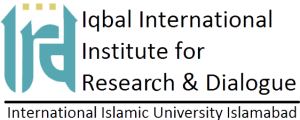
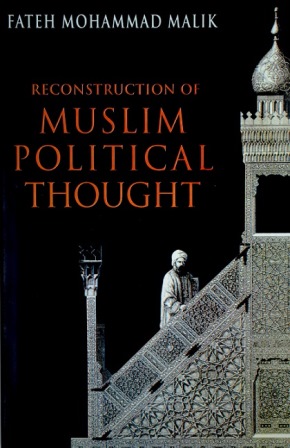
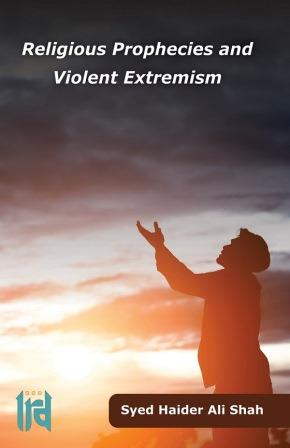
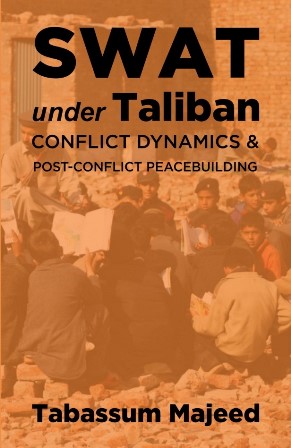
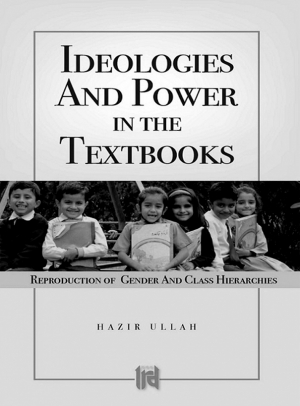
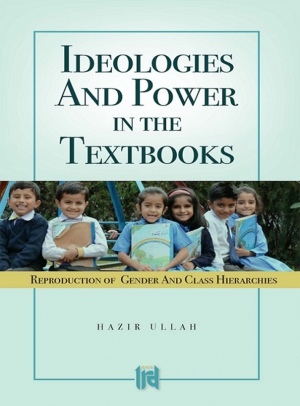
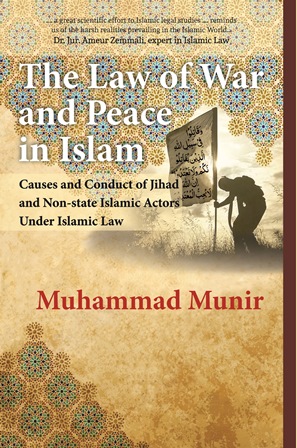


Reviews
There are no reviews yet.